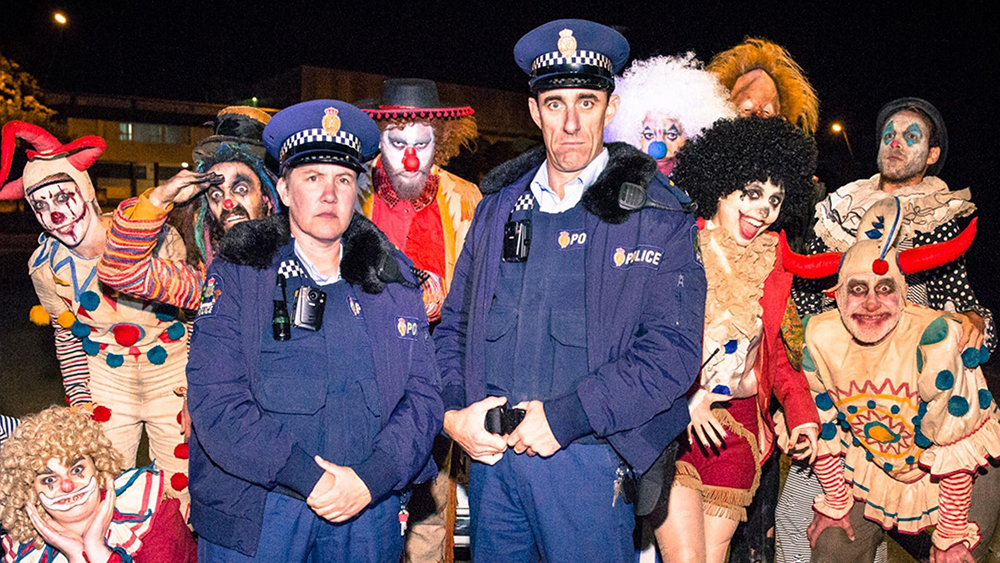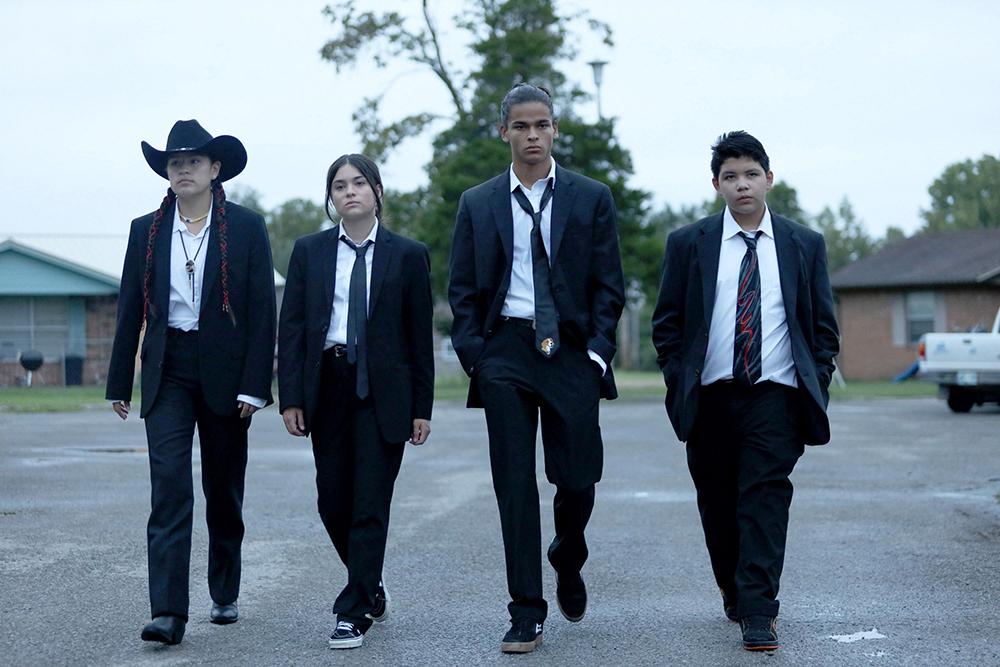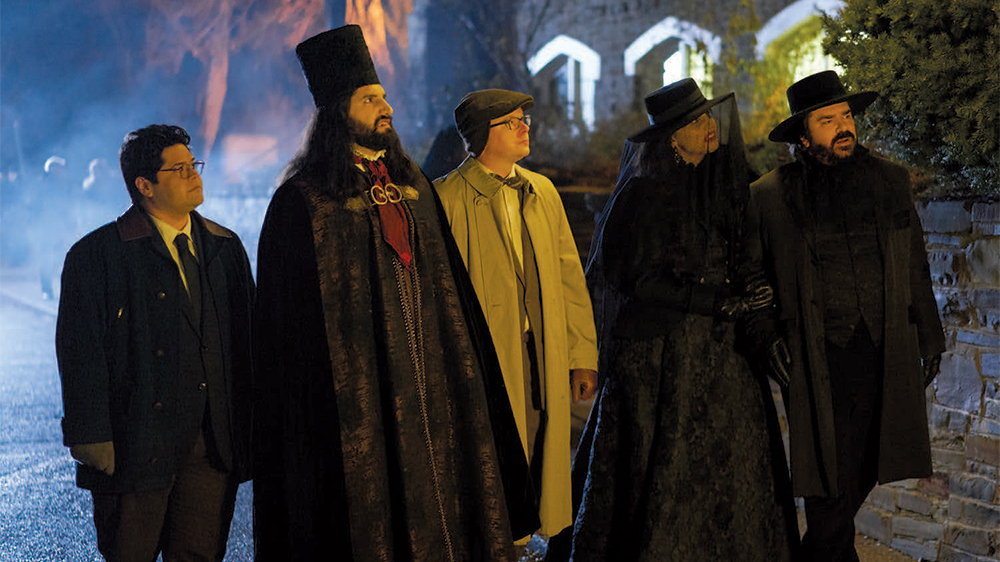If you want to watch some great half-hour comedy, follow the tracks of executive producer Taika Waititi. If you’re a Marvel True Believer, you know the New Zealander as the director of Thor: Ragnarok, as well as the guy under the motion capture for Korg, Thor’s alien drinking buddy. But as an executive producer, he’s been quietly amassing a Norman Lear-sized string of great television.
Waititi got his start in TV as part of the team that made Flight of the Conchords, a standout of the ’00s comedy boomlet. The musical world, where characters can go off into a visual flight of fancy while singing a song, has subtly influenced everything he’s done since. So has the humor, which invites the audience to laugh at its characters’ absurdities and vanity, but never puts anyone down.
In 2014, Waititi teamed up with Conchords Jemaine Clement to write, direct, and co-star in What We Do in the Shadows. The film took the mockumentary framework of Man Bites Dog and The Office and applied it to a dysfunctional group of vampires living as flatmates in Wellington. The film gleefully skewered horror tropes, and like Conchords, was elevated by great characters and keen observation which finds the humor in everyday conflicts and setbacks.

In 2018, Waititi and Clement drummed up a television spin-off for Shadows that went in an unexpected direction. Instead of following the vampires, they focused on the two police officers who kept getting called to investigate disturbances in the vampires’ home. It turns out that the vamps aren’t the only weird things Officers Minogue (Mike Minogue) and O’Leary (Karen O’Leary) see on a daily basis. Wellington Paranormal deftly mixes Cops and The X-Files. Sgt. Maaka (Maaka Pohatu) serves as a low-rent version of A.D. Skinner, sending the Mulder and Scully figures out to investigate supernatural phenomena like a haunted Nissan 300ZX, alien body-snatcher replicator pod farms, and the constant menace of zombie outbreak.
Wellington Paranormal was a hit in New Zealand and was only recently released in the U.S., but its success spawned a full-fledged Shadows TV adaptation, transported from New Zealand to Staten Island. Waititi helped launch the show’s first season, directing three episodes including the pilot and “The Trial,” an instant classic where the ensemble cast of Nandor (Kayvan Novak), Laszlo (Matt Berry), Nadja (Natasia Demetriou), and Colin (Mark Proksch) are judged unworthy by a council of vampires consisting of high-powered cameos from actors like Tilda Swinton and Wesley Snipes. Waititi stepped away from the show after the first season, but it has only gotten better. Now in its third season, it has fleshed out the character of Guillermo (Harvey Guillén), added the great Kristen Schaal as a series regular, and finally acquired the budget to match its story ambitions.

Waititi’s latest TV venture is also set in the United States, but not in a place that usually inspires comedies. Reservation Dogs follows four teenage friends growing up on a Native-American reservation in Oklahoma. Bear (D’Pharaoh Woon-A-Tai) is the reluctant leader of the group, who starts off the pilot episode by stealing a potato chip delivery truck and selling it to a chop shop run by meth heads. Elora (Devery Jacobs), Cheese (Lane Factor), and Willie Jack (Paulina Alexis) are saving the ill-gotten gains from their petty crimes to leave the reservation for the promised land of California. The series was developed with Sterlin Harjo, a longtime indie filmmaker who mined his childhood as a member of the Seminole Nation of Oklahoma for stories and settings. It’s definitely a comedy but not a laugh-out-loud kinda show — the second episode revolves around the difficulty of accessing healthcare on the reservation, for example. As Bear and his buds get into low-stakes scrapes, which feel very high-stakes to them, the ensemble expands as they encounter one memorable character after another. Harjo’s voice is dominant, but you can see Waititi’s influences in the magical realist touches, such as the spirit of a less-than-heroic warrior ancestor who haunts Bear, dispensing advice of dubious value.
The show is shaping up to be the best example of the humane, inclusive humor, which is Waititi’s much-needed contribution to our shell-shocked culture.
